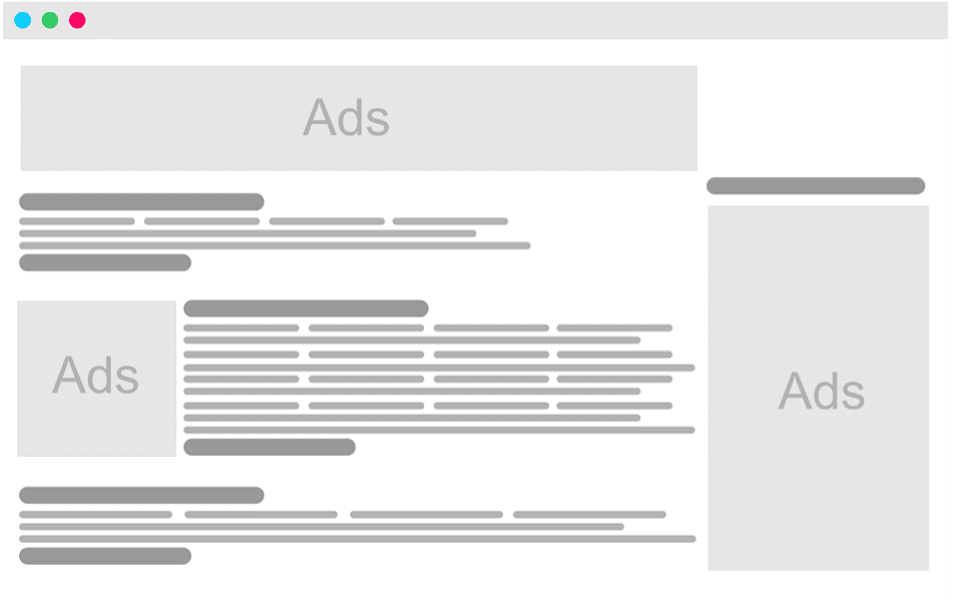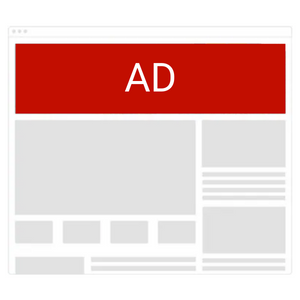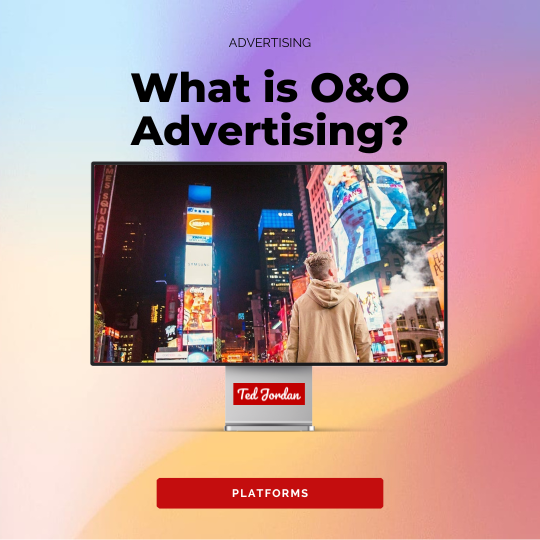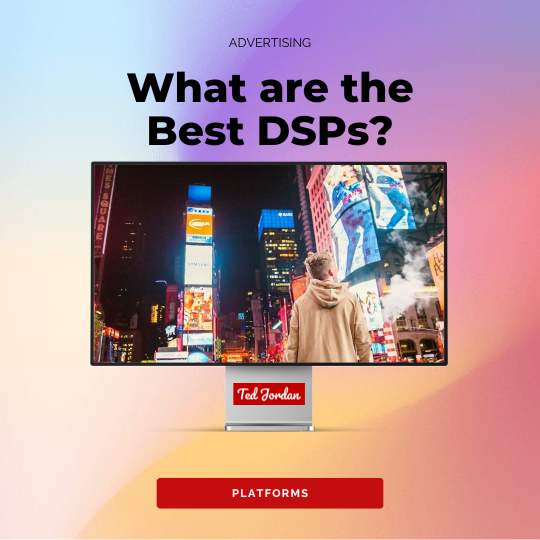
What RON and ROS mean in advertising
In advertising, RON means Run of Network while ROS stands for Run of Site.
Some digital agencies might use the term “Run of” to talk about Run of Network.
Both terms are used to describe an advertising campaign where ads are delivered within a specific website (ROS) or within an ad network (RON). An ad network englobes all the websites owned by a publisher, or all ad inventory gathered by a platform.
Ad networks may offer a large variety of display banner ad formats: billboards, desktop leaderboards, MPUs, Half Page placements, etc. But know they can also focus their inventory on more specific ad formats such as native ads (like Taboola), videos or mobile-only placements.
RON vs ROS: advantages and disadvantages
Run of Network ads
Pros:
- Low CPM rate.
- Perfect for brand awareness or retargeting.
- Broader reach vs ROS (Run of Site) advertising.
Cons:
- Targeting (advertised products might not be relevant to some users).
- Advertisers can’t decide on which sites they will advertise.
- Optimisation options are limited or impossible.

Run of Site ads
Pros:
- More accurate targeting vs RON (Run of Network).
- Good for brand awareness and performance.
- Possibility to buy ROS ads through a flat fee for a specific period of time (such as CPD).
Cons:
- It’s not always possible to guarantee your ads will be seen by your audience if a premium ad placement has been booked.
- CPM are usually more expensive vs RON campaigns (but it’s still cheaper than buying specified ad placements).
- ROS set up is often not as easy as RON because you might need to directly contact (small and medium) publishers to deliver on their site.

Why would an advertiser run RON or ROS ads?
It’s still a good idea for advertisers to run Run of Network (RON) or Run of Site (ROS) campaigns, mainly if they want to retarget an audience at low cost.
Also, it’s still possible to apply geotargeting or audience targeting with RON or ROS advertising.
The fact ads can appear on any page and anywhere on a website (or a network) increases the chances of users seeing your ads at a low cost.
Another reason for advertisers to use RON (Run of Network) or ROS (Run of Site) is that campaigns are straightforward and quick to set up.
If you’re not sure if you should run a RON or ROS ad campaign, ask our digital marketing consultant: Ted Jordan.
Do you want to learn more about Programmatic ad formats and strategies in an efficient way? Join our Programmatic Course now!



